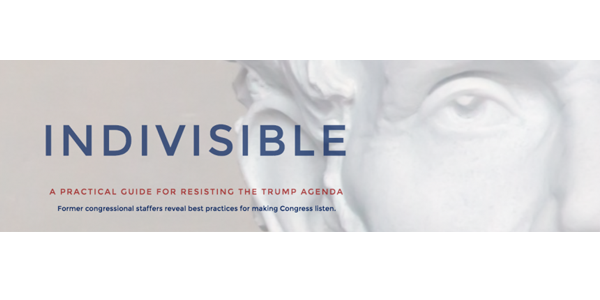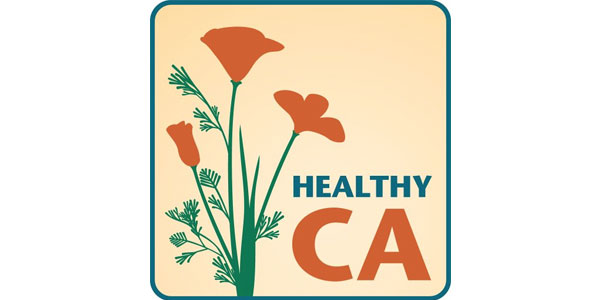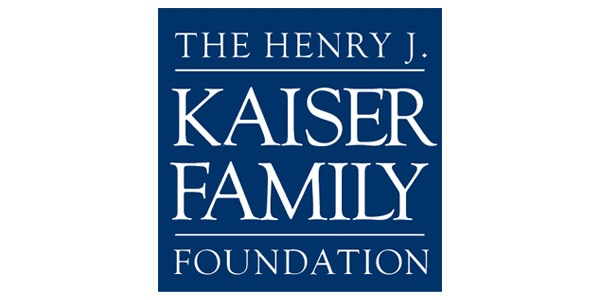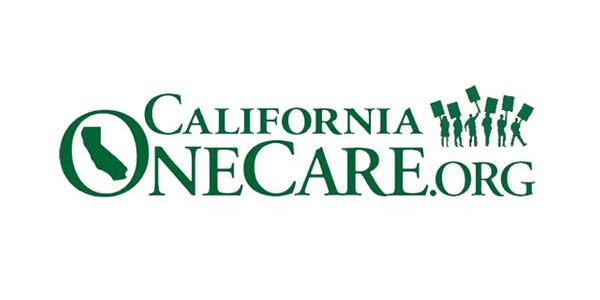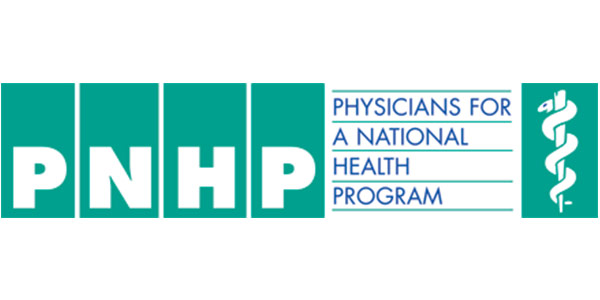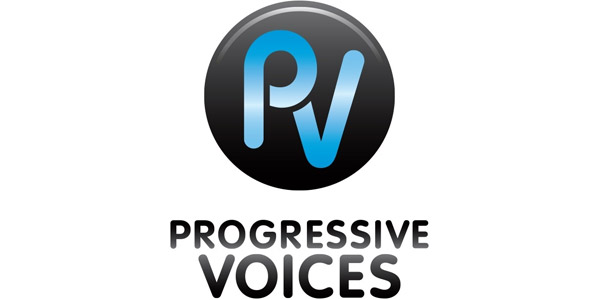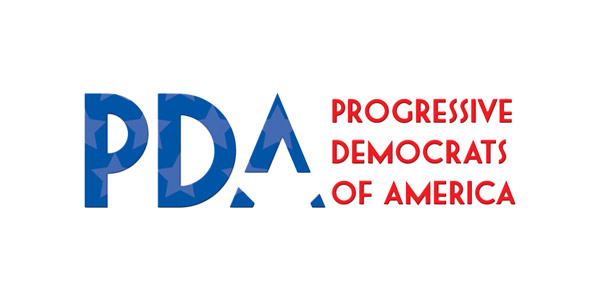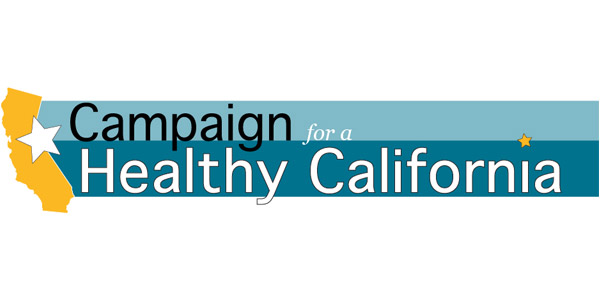What if Nursing is Your Calling—And your Undoing? | RN Shahina Lakhani

Picture this: A nurse goes to an integrative medicine doctor for chronic fatigue, body pains especially eyes and face and failing eye sight. The doctor runs a battery of tests, way more than a regular doctor would to find out what is wrong.
Doctor, “Your blood results show a lot of inflammation going on in your body. Your markers for heart disease are very high. You are also showing signs of severe adrenal fatigue.You are pretty young. Whats going on?” The nurse replies,” Hmm… I am not sure. My job is pretty stressful. I am on call all the time and I have two teenagers.”
This is a true story, my true story!
I was working for a hospice at that time. I was stressed out not because of the type of patients I took care of—I find it to be my calling to help improve well-being and quality of life for people with serious illness and their loved ones. My clients were never an issue. So what was the problem?
Here’s the rest of the story:
You are with a 49 year old patient who is newly diagnosed with terminal cancer. He has been given only a few weeks to live. He has a wife who works from home, two grandkids living with him. He also has a mother who is visiting. His grown kids, especially the daughter, are devastated by the news of their father’s illness.
The wife says, ” I can not see him suffer like this. He can not breathe, he can not eat. I know he is suffering.” The patient say, “I am not sure what to think. My whole family can fall apart.” Every time he starts to fall asleep, he startles himself and wakes up panicked. Patient has the look of a deer caught in the headlights.
Patient has extreme pain and shortness of breath and medications are really not working much. You know that a lot of unrelieved physical symptoms can be from unmet psycho-social-spiritual and existential concerns. You are the nurse, what will you do?
The Chaplain and social worker have already visited from the hospice. They report this to be a sad situation, very difficult indeed. You as a nurse hear no plans from them for an immediate intervention. The patient has only a few days to live. The family is devastated. They need immediate intervention. This is what I call a hospice emergency.
So you call the chaplain, the only one for your branch and obviously overworked like you are. You tell the chaplain, I know you have seen this family, but please can you come now, I see a crisis brewing. The chaplain agrees.
You stay with the family, waiting for the chaplain so you can explain your assessment more. While waiting you talk to the family, explain about what you see so clearly, because you have seen it, read about it and helped people through it. You tell them that it is their inner turmoil from the impending loss and shattering of their hopes and dreams that is the main cause of this chaos.
They look at you like, “How did you know? We could not have said it better ourselves.” You feel a sense of relief from being able to identify the cause and you are determined to help and enlist all the resources available. Since most of the family is there, you tell them a family conference might help. You reassure them that both you and the chaplain will be present.
Three hours later and a deep conversation with the family and the patient with the help of the chaplain, you see a sense of relief on the patients face. The patient and the family have expressed their fears, their pain from a life cut short, their dreams that will never come to pass and a lot more. The wife and mother seem a little bit more at peace. You and the Chaplain have helped the family talk about their concerns in a compassionate way.
Family has reassured the patient that they will do all in their might to stay together to take care of each other and that he need not worry about having to leave them. After all, the cancer is spread everywhere and any treatment will only further his pain and agony because of all the potential side effects. They have expressed their love for each other and their commitment to the family.
For the first time since the diagnosis both patient and the family have a sense of some relief. You know it is a long hall, and you are determined to help in every way. The chaplain also promises to call frequently. You feel a sense of peace for being able to help.
While all this was going on with your patient you have informed your supervisor of the situation as best as you could. Instead of getting kudos for a job well done this is what they say.
You are told that the next four patients on your schedule must be seen and that there is a potential admission that day and since it is your turn to admit the patient, so you have to do it. (A hospice admission is typically at least a four hour process.)
In addition, it was your turn to cover for the night on call nurse who is out sick and oh yes, this weekend you are on call from Friday evening to Monday morning! Remember your beeper pay is $1.50 an hour that includes all the phone calls you receive and the documentation for those phone calls. They remind you that when you are on call you will only get your regular pay if you actually go out to see a patients. Make sure to fill out your time sheet appropriately. Oh, and make sure you are in the office at 8am Monday morning with all your paperwork complete.
Not only that you are also told that you really did not have to be with that patient all that time. You are told to make sure you have no overtime on your time sheet for the regular patients you were supposed to see. What would you do in this situation?
Most nurses in this branch of one of the biggest hospice companies in USA said, “Well that is how it is, nothing you can do.”
Your nursing supervisor said, “You have to show how productive you are by the number of patients you see. (It does not matter how much help they need.) You can easily get everything done in 30 to 40 minutes and take a few minutes for the paperwork.”
This is a true story and it is the story of a typical nurse’s workday.
No wonder most nurses are leaving the bedside. No wonder the attrition in nursing is so high. Advocating for your clients and providing compassionate care comes at the cost of your own health, your well-being and your sanity.
What do you do, if you are in situations like this more often than not?
Yours in love, peace and gratitude,
Shahina Lakhani



